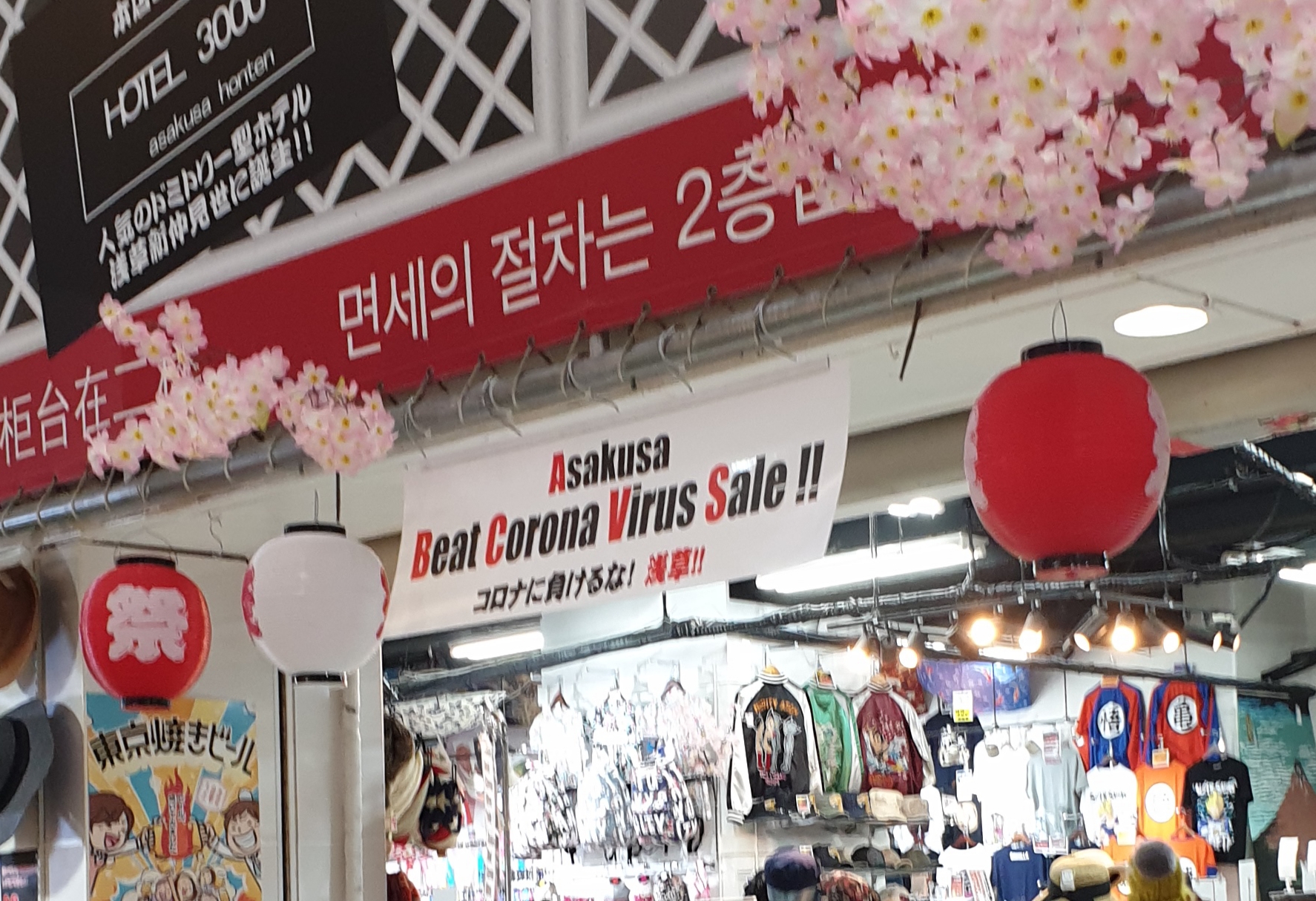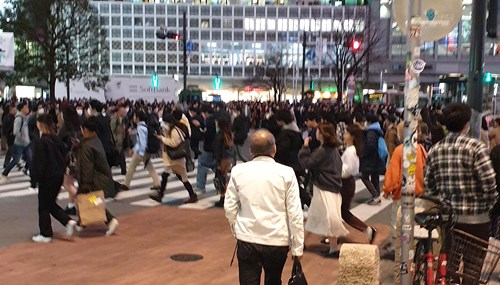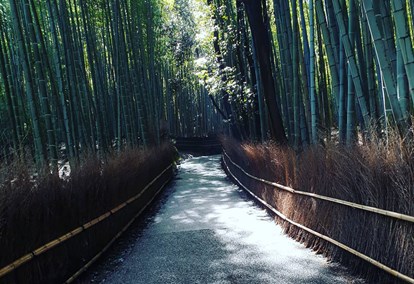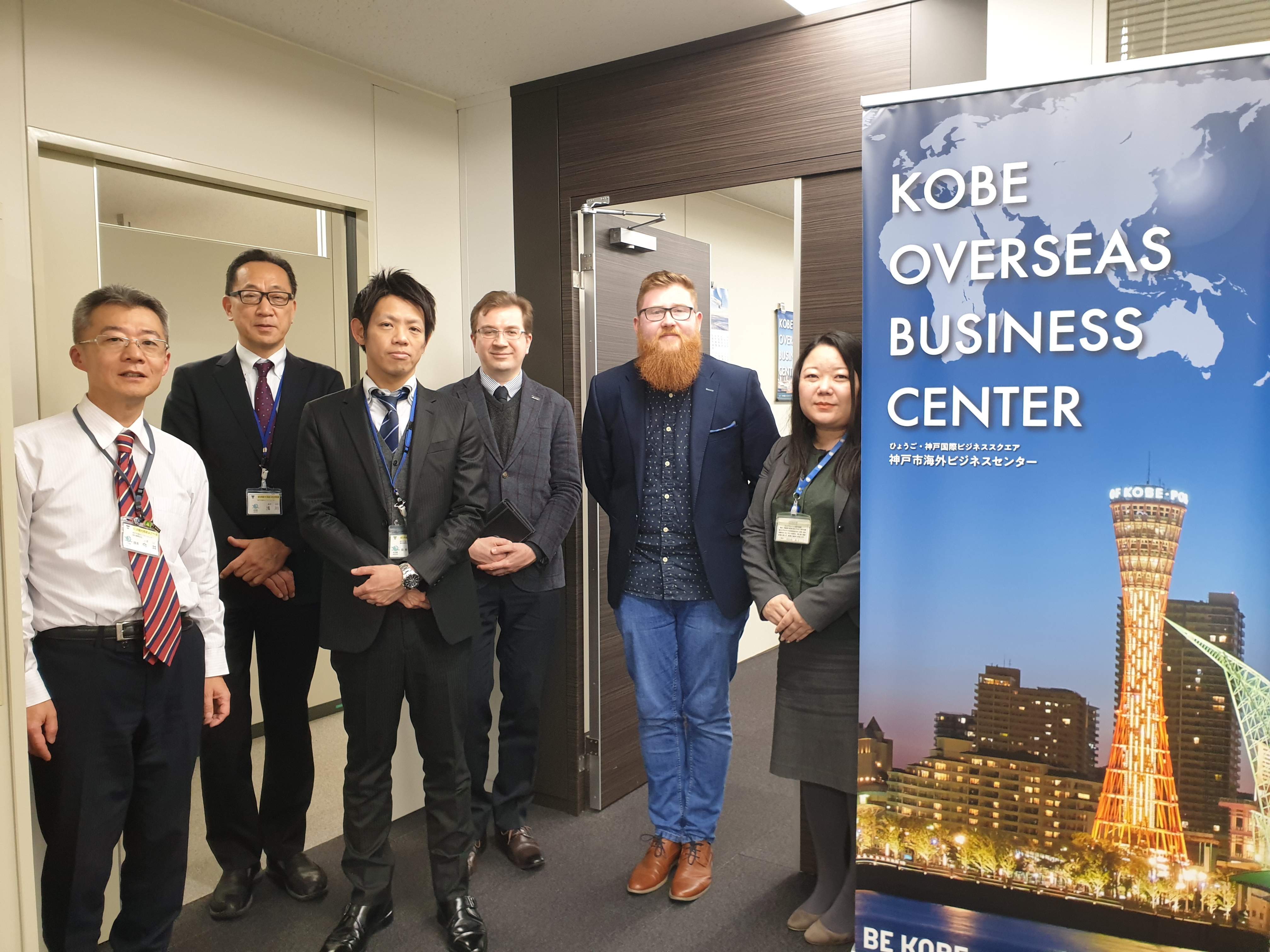Like most of you, for the last 3 weeks I have been in lockdown in the UK but this period has been made all the more surreal by my trip to Japan in the preceding 2 weeks. Making the decision to travel had not been an easy one – my long-scheduled trip for leisure and business was not taken without a level of trepidation and much consideration. I departed from London Heathrow on the 7th March 2020 bound for Tokyo Haneda airport, with some comfort, given the fairly low level of cases at that time in Japan but naturally concerned about the spread across Europe. The decision to proceed (with much caution) has provided me however with insight and confidence that we will return to a level of normality on both a personal and professional level. The business of FDI, lets face it, whilst not wholly dependent on jumping on planes, is one that eventually is predicated on a level of in market work and seeing how Japan was responding was testament to the fact that yes, our industry is changing fast in response to the crisis, but is likely to remain recognizable in my view, despite commentary to the contrary.
I spent twelve hours on board that flight, contemplating what I was to expect once I had landed, what the impact had been at the societal level, what preventative measures were in place in Haneda Airport and more importantly would my arranged meetings still be able to take place!?

Turns out, things were rather, well….normal. Efficiency at the airport was world class, with extra screening measures only taking approximately half an hour and once out of the arrivals terminal, and whilst there was a lot less individuals that usual, and many more facemasks, all the shops and restaurants remained open. Trains still ran to the second and a quick stroll through Asakusa highlighted the sense that daily life was to remain as uninterrupted as possible whilst ensuring adequate measures were being taken to prevent further spread. The streets were bustling, bars relatively full and arcades, still draining money, and seemingly no less popular with all age groups even in the face of this uncertain disease.
Some local businesses even leveraged the outbreak to good use, with bars offering coronavirus extensions to happy hour and even retailers offering, hopefully, limited coronavirus sales, my favourite of which is shown above.
Whilst the major cities remained a hive of activity, a number of usually highly density tourist hotspots such as the Bamboo Forest and Kinkaku-Ji in Kyoto, had seen a decline in visitor numbers, undoubtedly having a negative impact on surrounding local businesses. Below, a unusually empty picture taken at the Bamboo Forest, Kyoto contrasted with a more common looking image of the Shibuya Scramble, Tokyo. This is a stark indicator of how some sectors, and in particularly tourism and hospitality have been decimated by the crisis and undoubtedly will need additional interventions to get back to business as usual.



I was also fortunate to still be able to meet The City of Kobe Government to discuss the current climate of international investment and the efforts put in place to promote Kobe and Hyogo prefecture on an international stage.
The verdict, is one that all IPAs and EDOs will relate to; the global disruption caused by Covid-19 is having a negative impact on FDI activity due to various factors including reliance on international trade shows, f2f meeting arrangements in market, and civic and trade missions being impossible at present, therefore adapting the approach to overcome these uncertain times is essential.

As well as a rethink on the normal activities, its clear that now is also the time for a strategic evaluation. Market and sector validation (which has changed for everyone), value proposition development and corporate intelligence are all mission critical in order to provide IPAs with a strong footing for when this outbreak is finally behind us and we begin to see a state of normality return. Everyone understands it won’t be FDI business as usual, and some of the changes may well be for the better, but the bedrock of FDI attraction is understanding what companies to pursue, what their needs are and responding with the best business case to meet those needs.
During my meeting with the senior management team of the Kobe Overseas Business Center (a cooperative support function between Hyogo International Business Center, JETRO Kobe and Kobe City Government with the mission of supporting Hyogo based SMEs with their overseas expansion), it was great to discuss the current Covid-19 situation, Brexit and to learn of the extensive support menu available at the Center. They cover everything from market development support, legal counseling and foreign enterprise zone incentive support through to credit checks, international business seminars and supporting with foreign recruitment of personnel. Their sense of urgency really struck me, as companies deal with massive stress, as well as their commitment to supporting through the current issues as well supporting future growth of indigenous business communities both locally and internationally.
We already know there are lessons to be learned from how the different countries have tackled the Covid-19 response. Politics aside, and not negating the immediacy and primacy of the health crisis, it was deeply reassuring to know that economic developers can and are already making a difference that will support companies and economies as we all emerge from this crisis.
Upon reflection both from my time away and from the three weeks I have spent back in the UK, I have three takeaway lessons;
And finally…